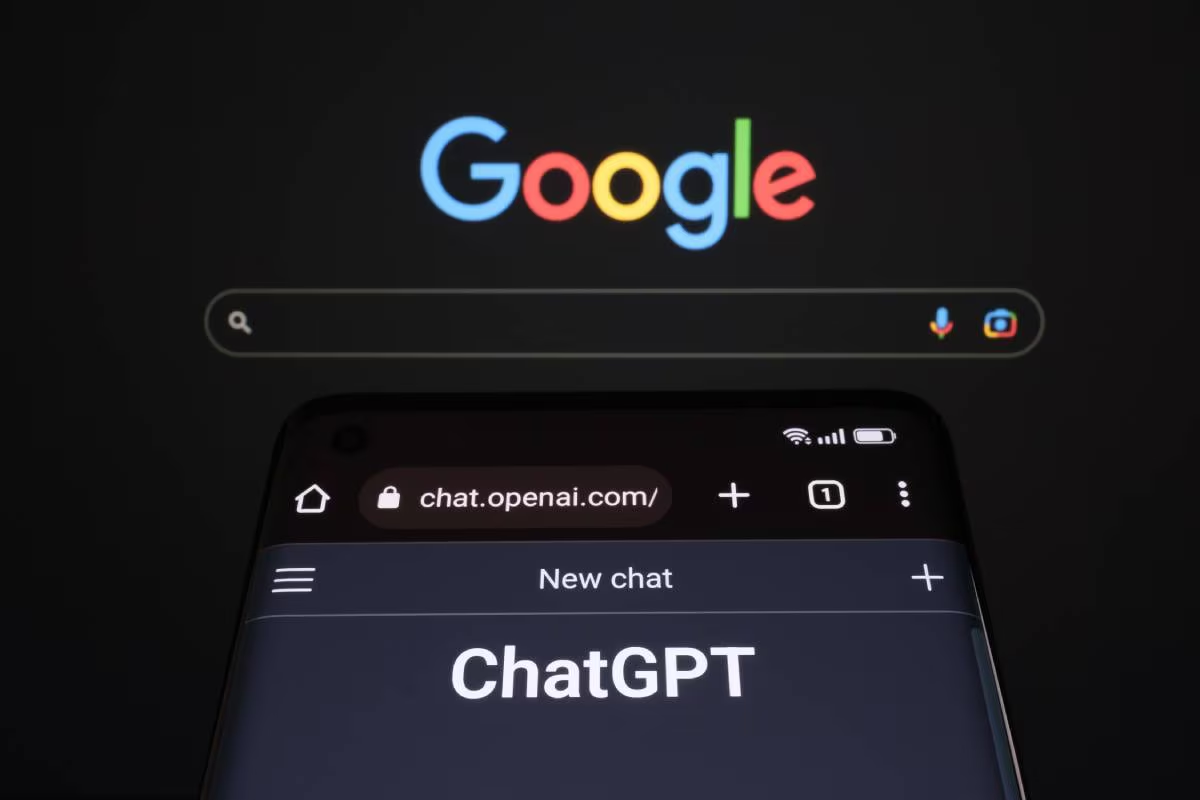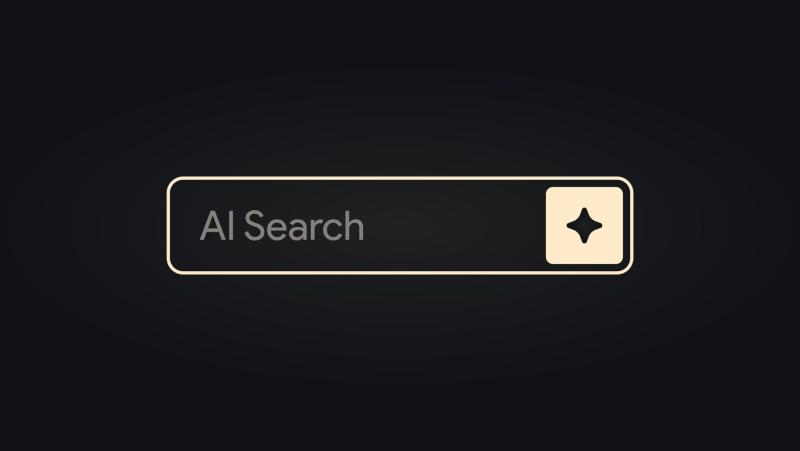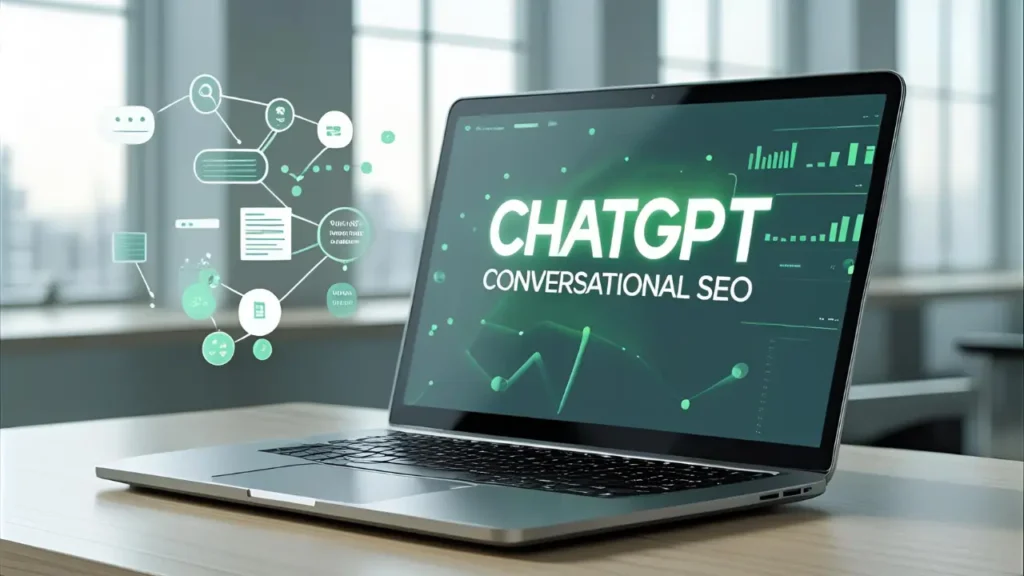Introduction
Search engine optimization has evolved dramatically over the past two decades. What once prioritized keywords and backlinks now demands conversational, authoritative, and structured content. As large language models like ChatGPT reshape user behavior, traditional SEO is merging with new practices like Answer Engine Optimization (AEO) and Generative Engine Optimization (GEO). This article explores why ChatGPT is no longer optional—it’s essential for brands looking to stay visible and credible in 2025.
What Is ChatGPT — And Why It Matters in SEO
ChatGPT is an advanced AI model developed by OpenAI, capable of interpreting prompts in natural language and generating coherent, contextualized responses. Unlike manual content tools, it can generate blog posts, meta descriptions, FAQs, and even structured outline prompts rapidly.
Crucially, modern SEO is shifting from traditional ranking signals to formats optimized for AI and voice assistants. Incorporating ChatGPT enables marketers to craft content aligned with AEO—direct, conversational answers—and GEO, ensuring AI systems cite and deploy your content in their replies.
How ChatGPT Elevates Content Creation
Content Personalization at Scale
With targeted prompting, ChatGPT can generate blog outlines, product pages, and FAQs tailored to specific customer segments. Prompt it with user queries or pain points, and it crafts copy that aligns with user intent—helping brands speak directly to their audience.
Smart Keyword Research & Topic Ideation
While ChatGPT lacks real-time search volume data, it excels at brainstorming semantic keyword ideas and related topic clusters. SEO professionals often ask for long-tail terms filtered by competition levels, then refine results with tools like Rank Ninja Ai, SEMrush or Ahrefs.
This paired approach ensures content not only reads naturally but also targets relevant, low-competition queries.
Optimizing On‑Page SEO with ChatGPT
Title and Meta Tag Generation
ChatGPT can generate dozens of clickable title tags and meta descriptions based on key phrases, page summaries, and tone guidelines. When given context, it delivers variations that entice clicks while integrating keywords naturally.
Header Structure & Keyword Placement
Asking ChatGPT to propose H1–H4 headers and subheaders with embedded semantically related keywords helps ensure content is scannable for both users and search engines. You can also use it to suggest internal linking opportunities to existing Howell Studios pages like your services overview or portfolio.

Integrating ChatGPT in Off‑Page SEO & Promotion
Link-Building Outreach Templates
ChatGPT can rapidly draft personalized outreach emails tailored to prospective guest posting partners or industry collaborators. By supplying brand context, tone preference, and link objectives, marketers save time while maintaining authenticity.
Social Media Content & Repurposing
For cross-platform promotion, ChatGPT can draft teaser copy, social captions, and content pillars that mirror core blog themes. This enables consistent messaging across Twitter, LinkedIn, Instagram, and more—each adapted to platform norms.

Aligning with EEAT: Expertise, Experience, Authority & Trust
Google’s ranking framework increasingly depends on EEAT, which values authoritative, well‑researched content with expert attribution and structured evidence.
Expertise & Authority: Use ChatGPT to draft in‑depth guides or thought leadership pieces that include case studies, stats, and step‑by‑step frameworks. Then fine‑tune those with actual brand data or results.
Experience & Trustworthiness: Pair AI‑generated copy with author bios, testimonials, source citations, and regular updates to maintain transparency and accuracy.
This hybrid approach helps signal credibility both to users and AI answer engines, increasing the chance that your brand is surfaced in generative responses.
Aligning with AEO & GEO for AI‑Driven Discovery
Answer Engine Optimization (AEO)
ChatGPT increasingly draws from live web search to answer user queries. That means your content must be structured to provide concise, clear answers to clusters of common questions—such as “How can ChatGPT enhance SEO?” or “What’s the difference between SEO, AEO, and GEO?” When formatted in Q&A or FAQ styles, your content is prime candidate for AI tools to surface directly .
Generative Engine Optimization (GEO)
GEO focuses on increasing the likelihood AI systems cite your content. That involves using structured metadata like schema markup, clean content architecture, and comprehensive coverage of topic clusters. Large language models tend to favor sources that demonstrate topical authority and clarity .
Advanced Strategies for AI‑Driven SEO in 2025
Real‑Time Content Refreshes
AI tools can monitor content performance metrics and suggest updates or expansions. Consider a quarterly review cycle powered by ChatGPT prompts fed with recent stats, news, or user feedback to keep your content up to date and relevant.
Local & Multilingual Expansion
Use ChatGPT to generate localization-friendly content—such as geo-targeted landing pages, or translated versions for different markets. On-page optimization for voice search (e.g., conversational phrasing and local vocabulary) improves discoverability in local AI queries.
Analytics Integration and Performance Testing
Pair ChatGPT-written content with analytics and tools like Google Search Console to refine and test what resonates with readers. You can also automate reporting by asking ChatGPT to interpret rank changes, identify content gaps, and suggest future topics.

Challenges & Best Practices
While ChatGPT offers remarkable efficiencies, it also comes with caveats:
Generic or robotic tone: Always enrich AI output with your brand voice, anecdotes, and unique insights.
Duplicate or low‑value content: Use plagiarism tools and ensure originality by blending AI drafts with human refinement.
Over-optimization risk: Avoid keyword stuffing—focus on natural flow first.
Dependence on AI without oversight: AI assists, it does not replace strategic thinking and editorial review .
How Howell Studios Can Help
At Howell Studios, we specialize in integrating AI tools like ChatGPT into holistic SEO and digital marketing strategies. Whether you need:
Comprehensive content strategy and topic cluster development,
On-page optimizations including meta tags, structure, and EEAT alignment,
Link-building outreach and social media integrations,
Implementation of structured schema, GEO-ready formatting, and AEO-friendly FAQ pages,
…our team is ready to elevate your digital strategy. You can learn more about our offerings on our Services page or see our results in the Portfolio.
Conclusion
Embracing ChatGPT as part of your SEO toolkit isn’t just about automating tasks—it’s about future-proofing your visibility in an era defined by AI-driven discovery. By combining traditional SEO fundamentals with AEO, GEO, and EEAT-informed content, you position your brand to thrive in both search engine results and AI-powered answer responses.
If you’re ready to harness ChatGPT and elevate your SEO and content strategy, reach out to Howell Studios today.
Book your free marketing strategy call now via our Contact page—let’s map out how to transform your visibility, authority, and growth using AI and SEO combined.
FAQ’s
Q: How does ChatGPT improve keyword research?
A: It provides semantic keyword ideas, long‑tail variations, and topic clusters, which you fine‑tune with SEO tools for search volume and competitiveness.
Q: Is AI‑generated content Google-friendly?
A: Yes—provided it’s fact-checked, original, enriched with human detail, and aligned with EEAT standards.
Q: Can ChatGPT help with voice and local SEO?
A: Absolutely. It can produce conversational phrasing, geo-context variants, and voice-friendly Q&A format content.
Q: What steps are required to integrate ChatGPT into an existing digital strategy?
A: Begin with clear prompt templates, an internal review process, performance testing, and alignment with your brand tone and goals.



